Table of Contents
Appointment of Prime Minister:
Under Article 75(1) President appoints Prime Minister. President appoints a person as Prime Minister who is a leader of majority party or group in Lok Sabha. In case no party or group is able to secure a majority after the election then the discretion of the President is exercised in the appointment of the Prime Minister. In this situation, the President is guided by certain guidelines-
- He shall appoint the leader of the single largest party as Prime Minister.
- He shall appoint the leader of the single largest pre-poll alliance as Prime Minister.
- He shall appoint the leader of the single largest post-poll alliance as Prime Minister.
Qualification of Prime Minister:
A person to be appointed as Prime Minister must be member of either house of parliament. A non-member can also be appointed as Prime Minister but he has to be the member of either house of the parliament within six months from the date of such appointment.
Powers and Functions of Prime Minister:
The powers and functions of Prime Minister can be divided into three categories-
In relation to President:
- Article 74 provides that all the executive power of the union of India are vested in the President who exercise them with the aid and advice of the council of Ministers headed by the Prime Minister.
- President makes all appointments with the aid and advice of a council of Ministers like chairman and members of UPSC, National Commission for Scheduled Caste, National Commission for Scheduled Tribe, Comptroller and Auditor General of India (CAG), Attorney General of India, Chief Election Commissioner and other two election commissioner etc.
- Under Article 78 President can seek information regarding the administration of the affairs of a union of India from the Prime Minister.
In relation to Council of Ministers:
- Under Article 75(1) President appoints ministers on the recommendation of the Prime Minister.
- Under Article 75(2) these ministers hold office during the pleasure of the President but the pleasure of the President is exercised on the recommendation of the Prime Minister.
- Prime Minister allocates portfolios among ministers.
- Prime Minister presided over the meetings of the council of Ministers.
In relation to Parliament:
- The session of the Parliament is summoned and prorogued by the President with the aid and advice of a council of Minister headed by the Prime Minister.
- President nominates two members to Lok Sabha and twelve members to Rajya Sabha with the aid and advice of a council of Minister headed by the Prime Minister.
- President can dissolve Lok Sabha before the completion of five years on the recommendation of the council of Minister headed by Prime Minister.
- President participates in any discussion in any house of the Parliament.
- Prime Minister gives information regarding the policies of the government in both houses of the Parliament.
Other Functions:
- He is the chairman of the Planning Commission (now NITI Aayog), National Development Council, National Integration Council, Inter-State Council and National Water Resources Council.
- He is the crisis manager-in-chief at the political level during emergencies.
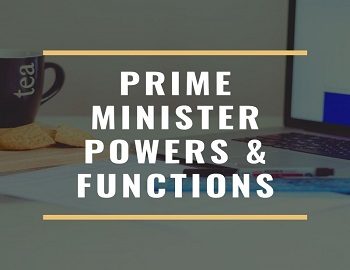
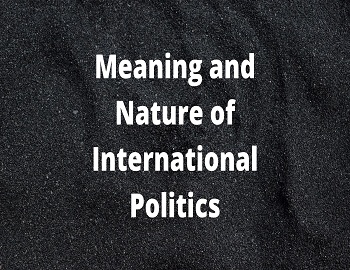

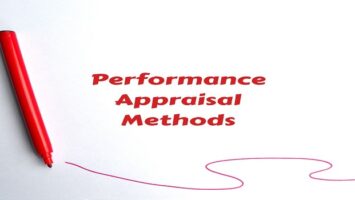
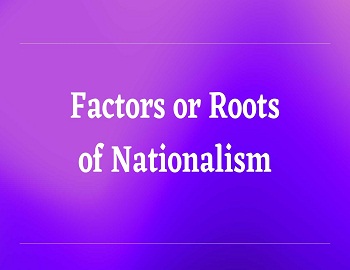
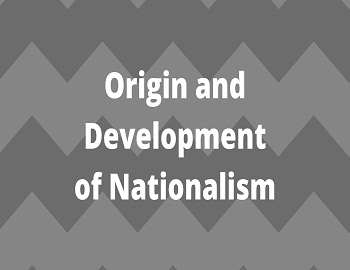
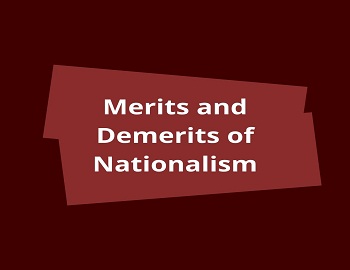
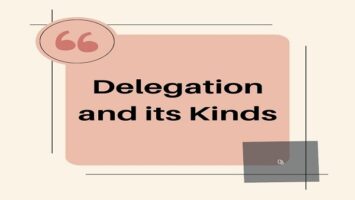
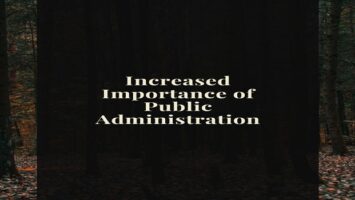
Comments (No)